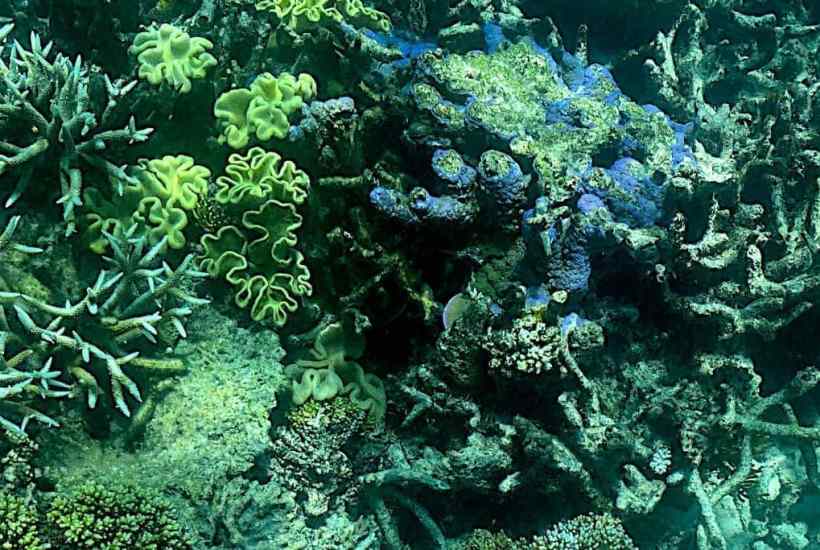On Monday, I wrote here about how the Great Barrier Reef is defying predictions of its own demise, bouncing back from a mass bleaching event last year to show the greatest vegetation cover in 37 years of observations. Now comes news that a prominent scientist involved in some of the doom-mongering work over coral reefs has been found guilty by her own university of misconduct in her research.
According to the draft report of an investigative committee convened by the University of Delaware – and seen by Science, the journal of the American Association for the Advancement of Science – Danielle Dixson fabricated and falsified data relating to fish behaviour and the health of coral reefs. The report states: ‘The Committee was repeatedly struck by a serial pattern of sloppiness, poor recordkeeping, copying and pasting within spreadsheets, errors within many papers under investigation, and deviation from established animal ethics protocols.’ Dixson has stated she ‘vigorously denies all and any allegations of wrongdoing’ and will appeal.
The Delaware University committee has asked for three of her papers, published in prominent journals, to be withdrawn. One of them, for example, found that fish attracted to healthy reefs were repelled by the kinds of seaweeds which grow on reefs which have previously been degraded. Other papers have claimed that rising acidification of the oceans, linked to rising global temperatures, can disorientate fish, causing them to swim towards their predators. Whistleblowers say their suspicions were aroused when they calculated that Dixson would not have had enough time to collect the data recorded in some of her papers. Dixson’s lawyer claims that a group of scientists had ‘targeted’ Dixson by sharing the accusations and prevented her from having a fair hearing.
The University of Delaware’s findings are, of course, no reflection on the work of many other scientists who have warned that rising ocean temperatures threaten the future of coral reefs. However, they are a reminder that science does not become settled just because a paper appears in a peer-reviewed journal. With passions running so high in the climate debate, and with so much at stake over climate policy, the need to enforce rigour in scientific research has never been greater.
Got something to add? Join the discussion and comment below.
Get 10 issues for just $10
Subscribe to The Spectator Australia today for the next 10 magazine issues, plus full online access, for just $10.





















Comments
Don't miss out
Join the conversation with other Spectator Australia readers. Subscribe to leave a comment.
SUBSCRIBEAlready a subscriber? Log in